This post may have affiliate links
Superfoods are a group of nutrient-dense foods that have gained a lot of attention in recent years due to their impressive health benefits. These foods are rich in vitamins, minerals, antioxidants, and other essential nutrients that are crucial for maintaining good health and preventing chronic diseases.
Also, superfoods are a must-have in your diet if you want to maintain good health. These nutrient-rich foods, such as leafy greens, berries, nuts and seeds, and fatty fish, offer a wide range of health benefits. In this post, I will delve into each superfood in great detail and highlight its importance. So, if you want to stay healthy, make sure you incorporate these superfoods into your diet today!
Here’s a comprehensive guide to 25 of the most important superfoods and why you should make them a regular part of your eating habits:
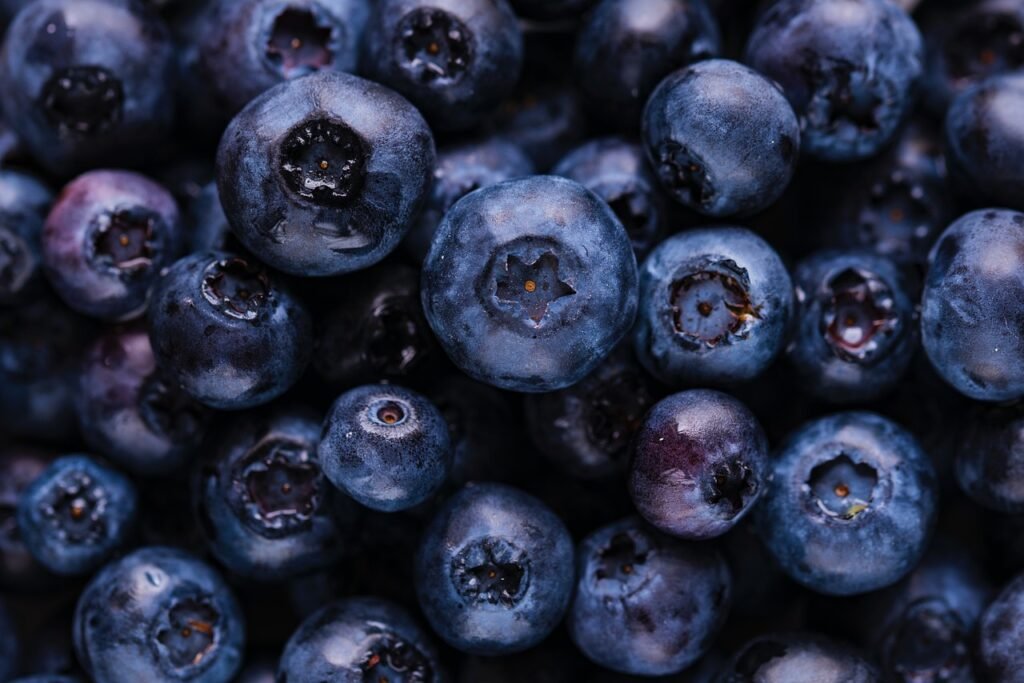
Blueberries
Blueberries are a nutritional powerhouse, renowned for their exceptional health benefits. Packed with antioxidants, particularly anthocyanins, blueberries possess potent anti-inflammatory properties that help combat oxidative stress and reduce the risk of chronic diseases such as heart disease and diabetes. Additionally, the high levels of vitamin C, vitamin K, and manganese found in blueberries support immune function and promote collagen production for healthy skin. Their impressive array of phytonutrients also enhances cognitive function, supporting brain health and potentially reducing the risk of age-related cognitive decline. With their deliciously sweet flavor and versatile culinary uses, incorporating blueberries into your diet is an effortless way to nourish your body and support overall well-being.

Spinach
Spinach is a nutritional powerhouse, packed with an array of essential vitamins, minerals, and antioxidants that contribute to overall health and well-being. Rich in iron, spinach supports optimal oxygen transport in the body, promoting energy production and preventing fatigue. Additionally, its high vitamin K content promotes bone health and helps regulate calcium levels, reducing the risk of osteoporosis. Spinach is also an excellent source of vitamins A and C, powerful antioxidants that support immune function, promote healthy skin, and protect against cellular damage from free radicals. Furthermore, its fiber content aids in digestion, supporting gut health and regularity. Incorporating spinach into your diet regularly can boost your nutrient intake, support various bodily functions, and contribute to a vibrant and resilient body.

Salmon
Salmon is widely regarded as a nutritional powerhouse due to its rich content of omega-3 fatty acids, particularly EPA and DHA. These essential fatty acids play a crucial role in supporting heart health by reducing inflammation, lowering blood pressure, and improving cholesterol levels. Additionally, salmon is an excellent source of high-quality protein, which is essential for muscle repair and growth. Its abundance of vitamin D contributes to bone health, immune function, and mood regulation. With its combination of omega-3s, protein, and various vitamins and minerals, regular consumption of salmon is associated with a reduced risk of cardiovascular disease, improved cognitive function, and overall well-being.
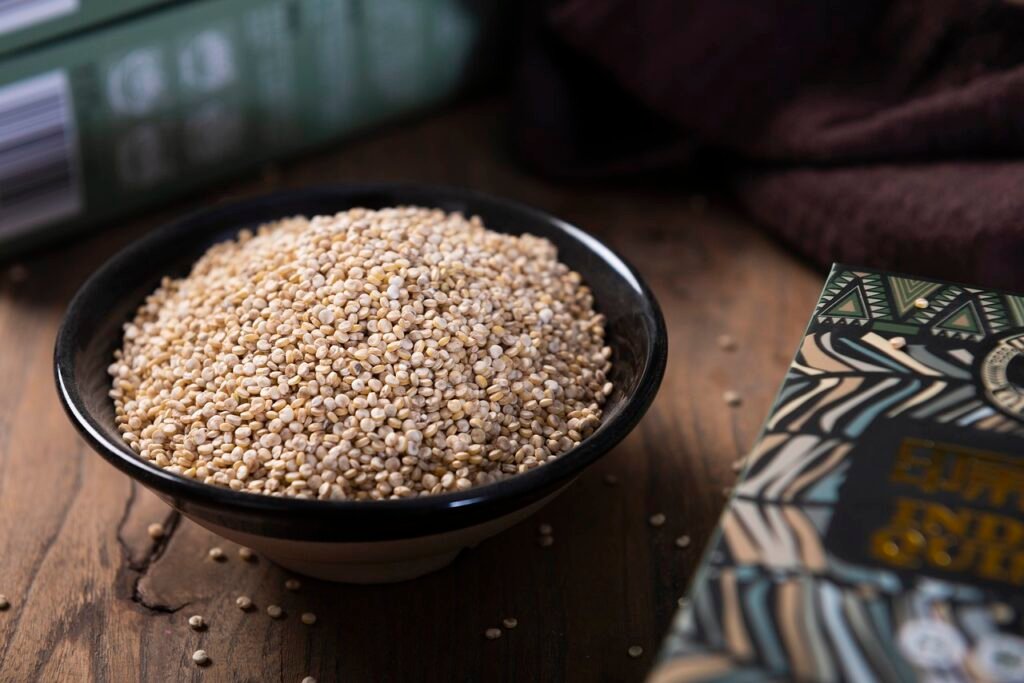
Quinoa
Quinoa, often hailed as a superfood, is exceptionally important and beneficial for the human body due to its unique nutritional profile. As a complete protein source, it provides all nine essential amino acids, making it an excellent option for vegetarians and vegans. Additionally, quinoa is gluten-free and rich in fiber, aiding in digestion and promoting satiety, which can support weight management efforts. Packed with vitamins and minerals such as iron, magnesium, and potassium, quinoa supports muscle health, bone density, and overall vitality. Its low glycemic index also helps stabilize blood sugar levels, making it a suitable choice for individuals with diabetes or those aiming to manage their blood sugar. Furthermore, quinoa is versatile, easy to incorporate into various dishes, and adds a nutty flavor and satisfying texture to meals. Overall, quinoa stands out as a nutritional powerhouse, offering a multitude of health benefits that contribute to overall well-being and vitality.
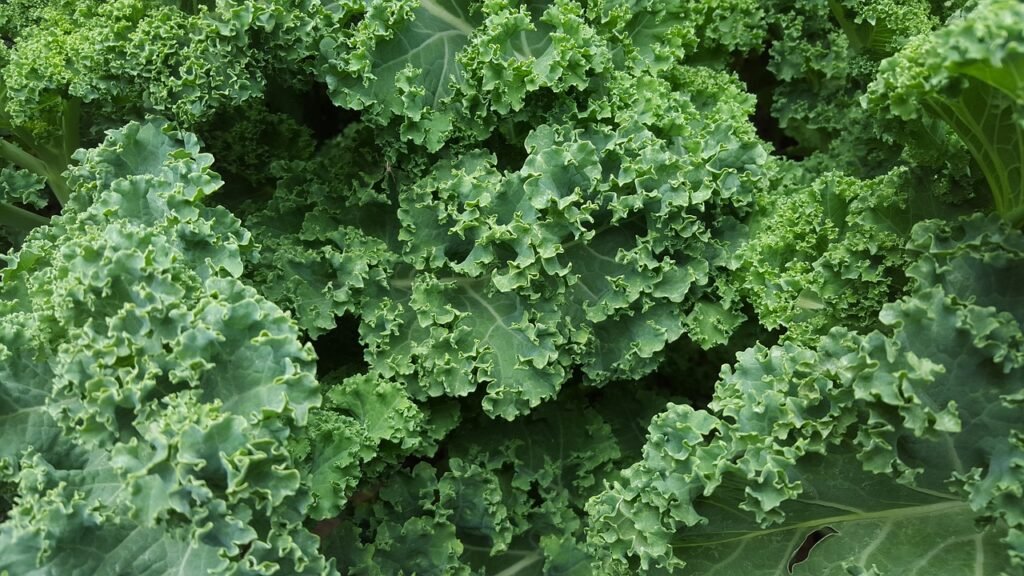
Kale
Kale, often hailed as the king of leafy greens, boasts an impressive nutritional profile that makes it an essential addition to any diet. Rich in vitamins A, C, and K, as well as minerals like calcium and manganese, kale provides potent antioxidant properties that combat oxidative stress and inflammation in the body. Its high fiber content supports digestive health, while its low calorie and high water content make it an excellent choice for weight management. Additionally, kale contains compounds like sulforaphane and indole-3-carbinol, which have been linked to reduced cancer risk. Regular consumption of kale can promote bone health, support cardiovascular function, and boost immunity, making it a powerhouse superfood that nourishes the body from head to toe.
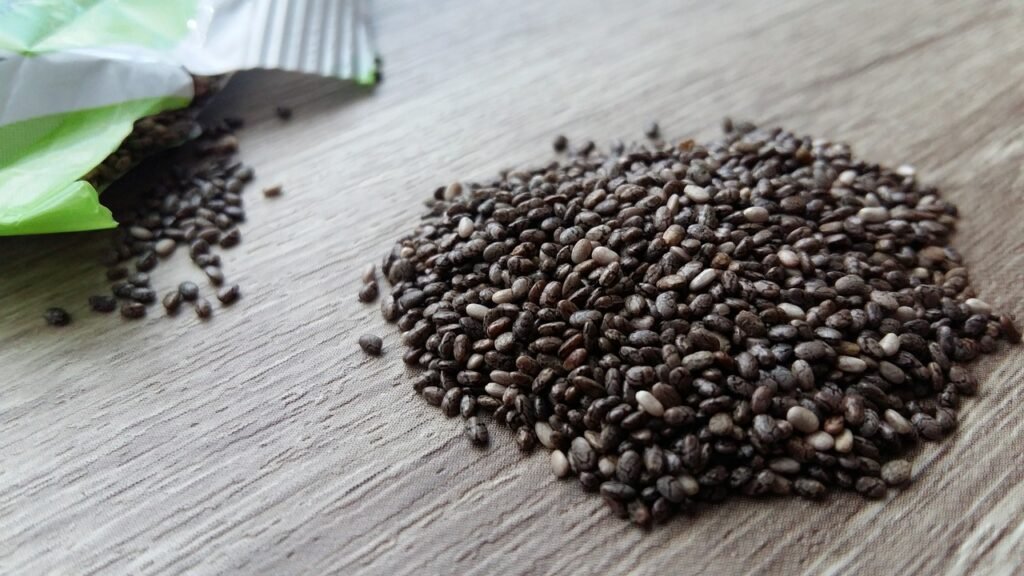
Chia Seeds
Chia seeds have gained immense popularity in recent years, and for good reason. These tiny seeds are nutritional powerhouses, packed with a wide array of health benefits. Rich in fiber, omega-3 fatty acids, protein, vitamins, and minerals, chia seeds offer a myriad of advantages for the human body. Their high fiber content supports digestive health by promoting regularity and aiding in the prevention of constipation. Additionally, the omega-3 fatty acids found in chia seeds are essential for brain health, reducing inflammation, and supporting heart health by lowering cholesterol levels and reducing the risk of cardiovascular disease. Their versatility allows for easy incorporation into a variety of dishes, from smoothies and oatmeal to salads and baked goods. Overall, chia seeds are a nutritional powerhouse that can enhance overall health and well-being when consumed regularly as part of a balanced diet.

Sweet Potatoes
Sweet potatoes are not only delicious but also incredibly nutritious, making them a valuable addition to any diet. Packed with vitamins, minerals, fiber, and antioxidants, sweet potatoes offer a multitude of health benefits. Their high vitamin A content supports eye health and immune function, while vitamin C boosts collagen production for healthy skin and helps the body absorb iron. Additionally, sweet potatoes are rich in potassium, which aids in regulating blood pressure and supporting heart health. The fiber content promotes digestive health and helps regulate blood sugar levels, making them an excellent choice for individuals managing diabetes or seeking to maintain stable energy levels throughout the day. Furthermore, the antioxidants found in sweet potatoes have anti-inflammatory properties, potentially reducing the risk of chronic diseases like heart disease and cancer.

Almonds
Almonds are a nutrient-dense food, rich in healthy fats, vitamin E, and magnesium. They can help lower LDL cholesterol levels, reduce the risk of cardiovascular disease, promote digestive health, protect cells from oxidative damage, and support bone health, muscle function, and nerve transmission. Whether enjoyed as a snack or incorporated into meals, almonds are a simple and delicious way to add important nutrients to your diet.
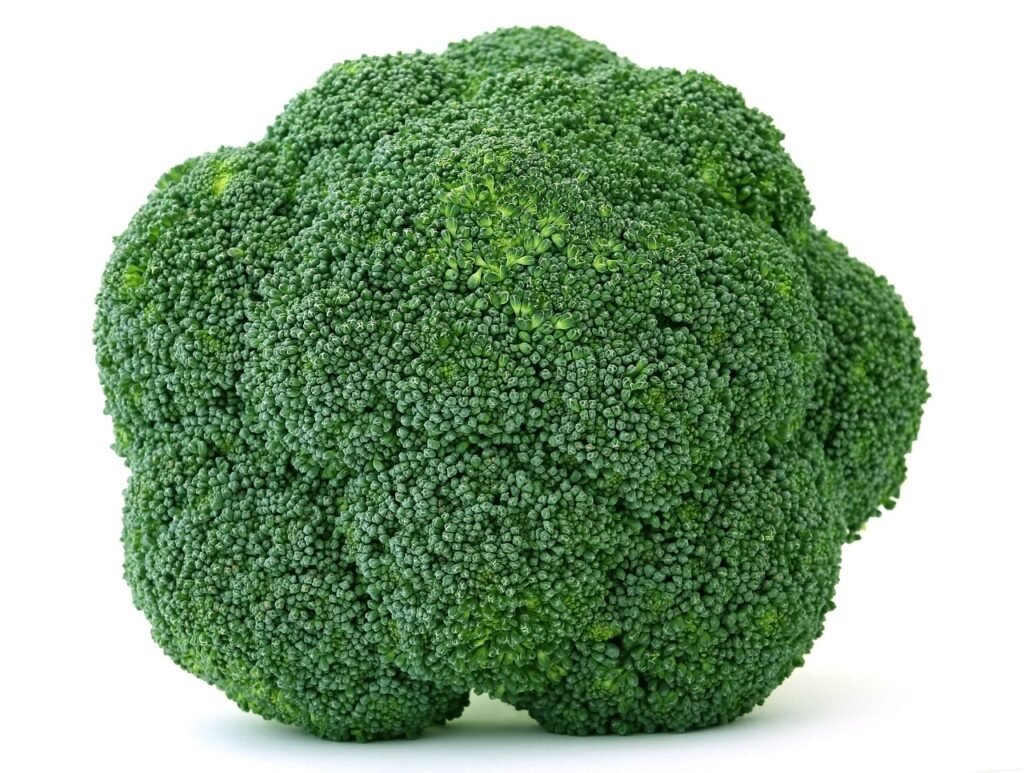
Broccoli
A superfood that offers a variety of health benefits. It’s rich in vitamins, fiber, and antioxidants that boost immunity, promote healthy skin, aid digestion, regulate blood sugar. With its diverse array of nutrients, broccoli is an invaluable addition to any diet.

Avocado
Rich in monounsaturated fats, potassium, and fiber, avocados support heart health, aid in digestion, and promote satiety.
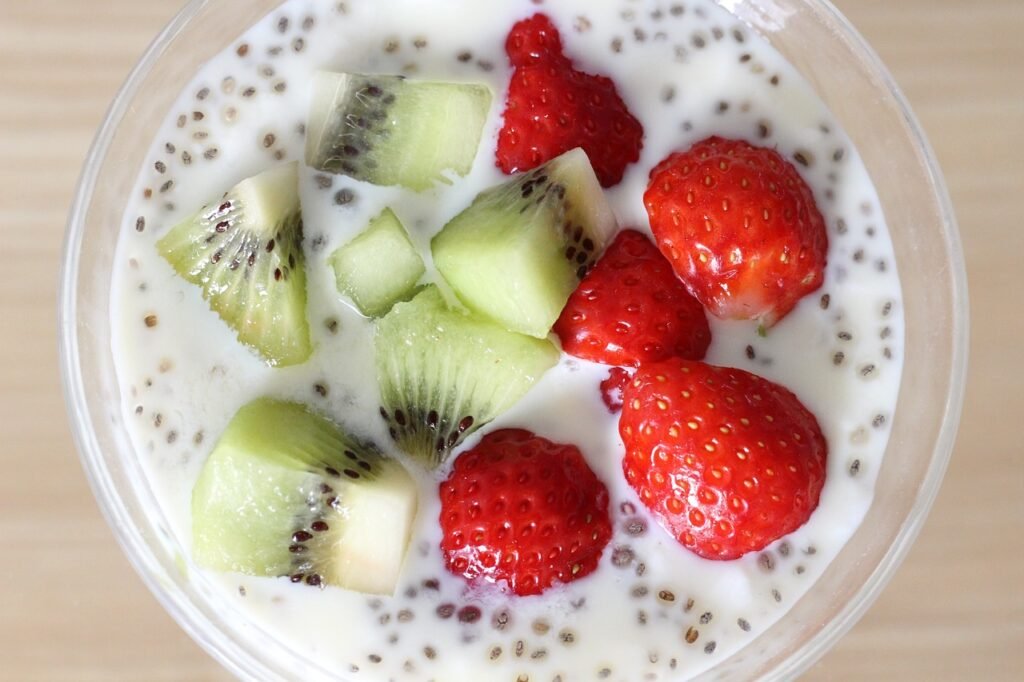
Greek Yogurt
Greek yogurt is a nutritious food with many benefits. It contains probiotics that promote gut health, protein for muscle growth and satiety, and calcium for healthy bones. It’s versatile and can be enjoyed in many ways, making it a convenient and satisfying addition to any diet.

Berries (Strawberries, Raspberries, Blackberries)
Like blueberries, these berries are rich in antioxidants, promoting heart health, brain function, and healthy aging.
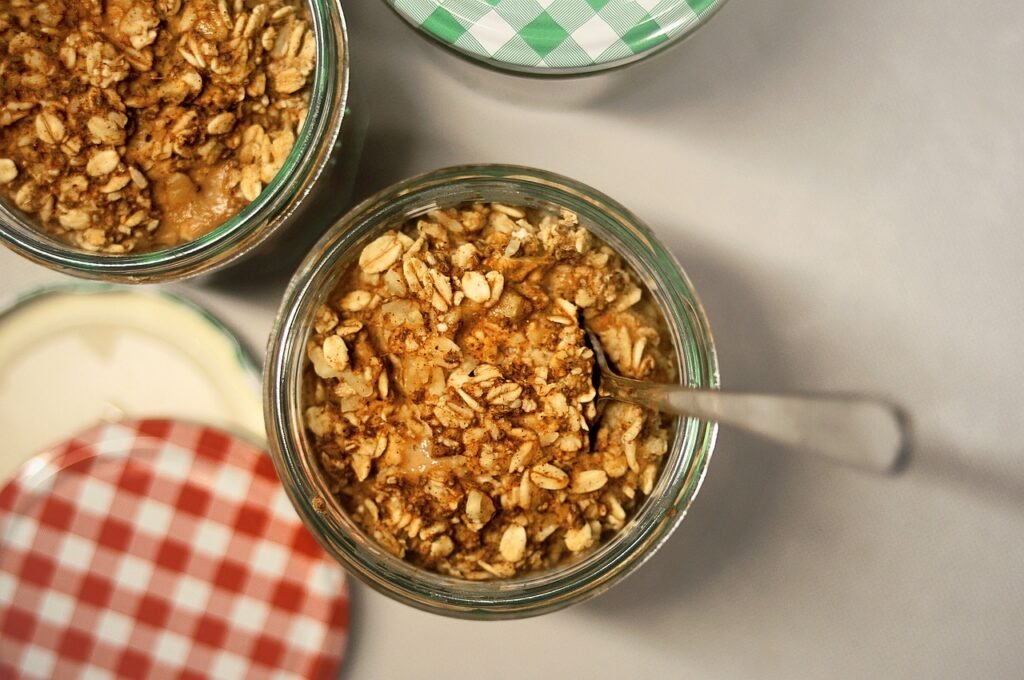
Oats
Oats are a nutritional powerhouse, packed with fiber, complex carbohydrates, essential vitamins, and minerals. They provide sustained energy, promote digestive health, and regulate blood sugar levels. Beta-glucan, the soluble fiber in oats, lowers cholesterol levels, reduces the risk of heart disease, and promotes fullness, making them ideal for weight management. Oats are also rich in antioxidants, which protect against oxidative stress and inflammation. Incorporating oats into your diet is easy, whether as a warm bowl of oatmeal or in homemade granola bars, cookies, or smoothies. Oats are a versatile and delicious way to fuel your body and reap numerous health benefits.

Garlic
Garlic is a superfood with numerous health benefits. Its sulfur compounds exhibit powerful antimicrobial, anti-inflammatory, and antioxidant properties that can boost immune function, lower blood pressure, reduce cholesterol, and support cardiovascular health. Moreover, garlic’s anti-inflammatory properties may help alleviate symptoms of conditions like arthritis. It enhances the flavor of many dishes and can be enjoyed cooked or raw. Garlic is an indispensable ingredient in any kitchen.
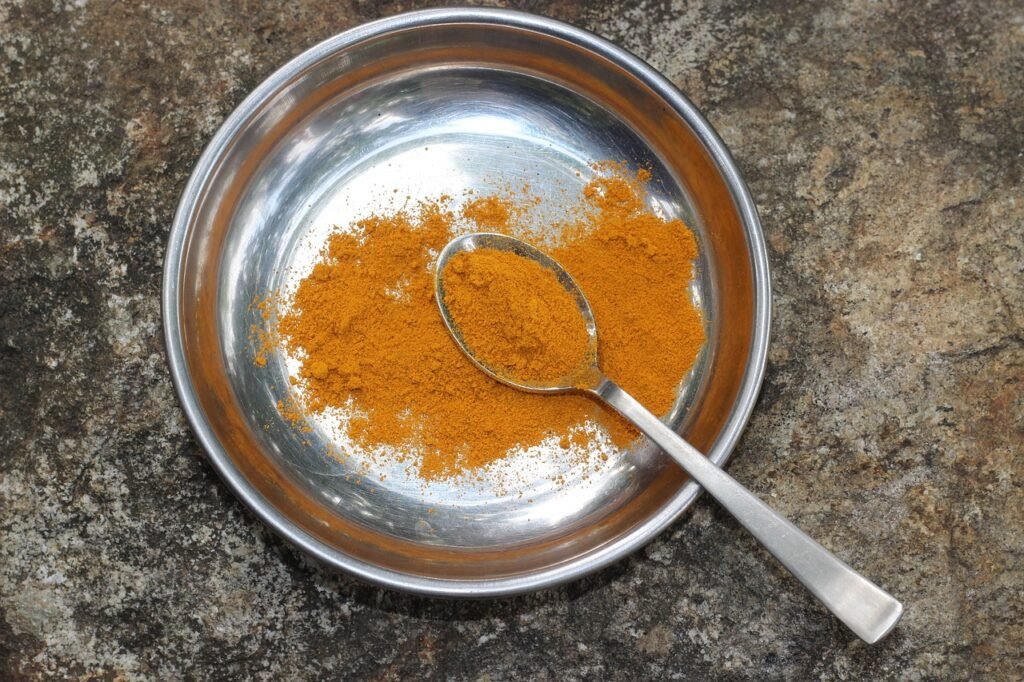
Turmeric
Turmeric is a spice with antioxidant and anti-inflammatory properties. Its active compound, curcumin, can help reduce inflammation, alleviate symptoms of conditions such as arthritis and inflammatory bowel disease, and support cardiovascular health and cognitive function. Turmeric can be used in many ways, such as adding it to dishes like curries, soups and stews, making golden milk by simmering it with milk and spices, or adding it to smoothies, salads, or roasted vegetables. Using turmeric is a delicious and versatile way to promote health and well-being.

Green Tea
Green tea is a beverage revered for its numerous health benefits, making it a staple in many cultures for centuries. Packed with powerful antioxidants called catechins, green tea offers a myriad of advantages for the human body. These antioxidants help combat oxidative stress, reducing the risk of chronic diseases such as heart disease and cancer. Moreover, the catechins in green tea have been shown to boost metabolism and aid in weight loss, making it a popular choice for those seeking to manage their weight. Additionally, green tea contains L-theanine, an amino acid that promotes relaxation and mental clarity, contributing to improved focus and concentration. While green tea is generally safe for most people when consumed in moderation, excessive intake may lead to caffeine-related side effects such as insomnia, anxiety, or digestive issues. It’s important to enjoy green tea as part of a balanced diet and consult with a healthcare professional if you have any concerns or pre-existing health conditions.
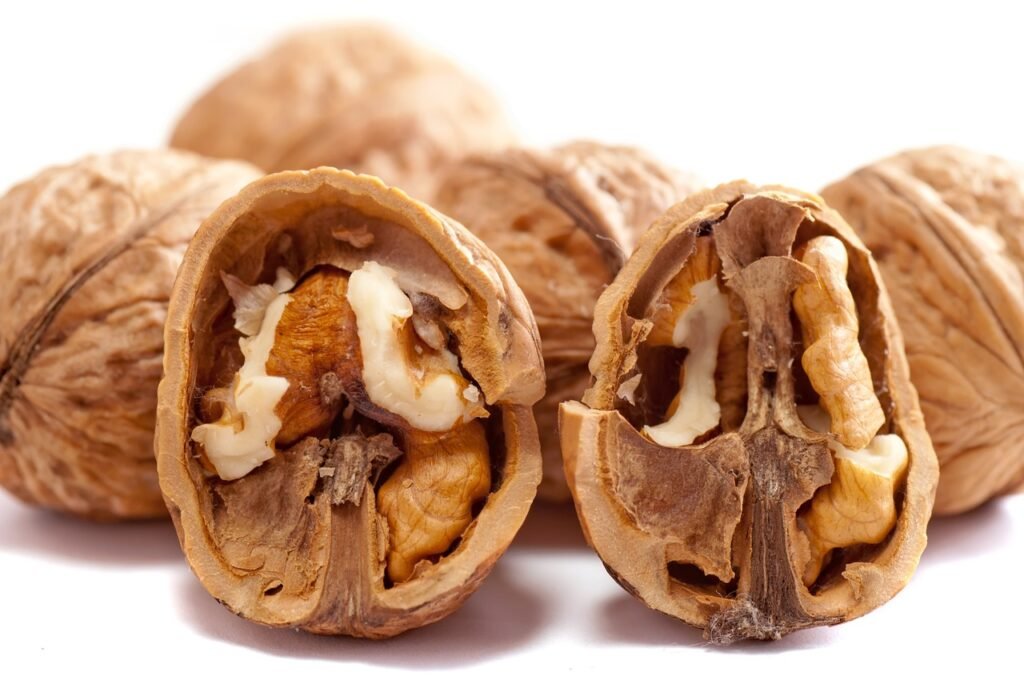
Walnuts
Walnuts are truly a nutritional powerhouse, offering a wide array of health benefits for the human body. Firstly, they are an excellent source of omega-3 fatty acids, specifically alpha-linolenic acid (ALA), which is crucial for brain health, reducing inflammation, and supporting heart health. These healthy fats help lower LDL cholesterol levels (the “bad” cholesterol) while increasing HDL cholesterol (the “good” cholesterol), thereby reducing the risk of cardiovascular disease. Additionally, walnuts are rich in antioxidants, including polyphenols and vitamin E, which help combat oxidative stress and protect cells from damage caused by free radicals. Furthermore, walnuts contain fiber, protein, and essential minerals such as magnesium and copper, which support digestive health, muscle function, and immune system function. Incorporating walnuts into your diet can contribute to overall well-being, from promoting heart health to supporting brain function and beyond.
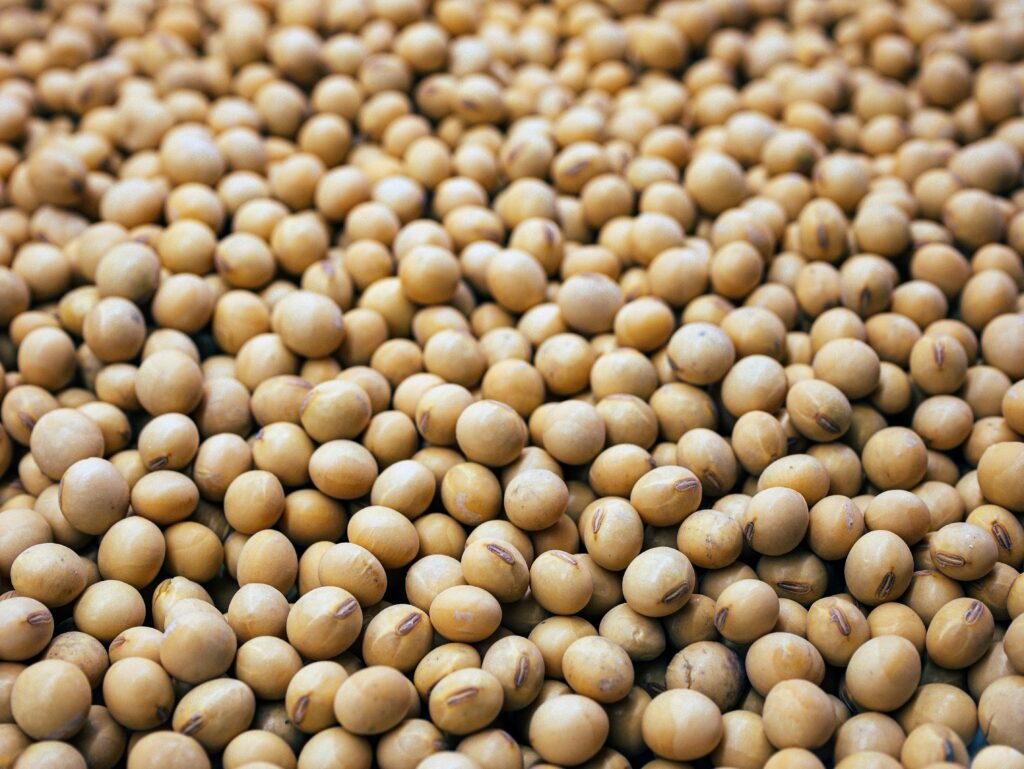
Soybeans
Soybeans are a nutritious food that offer a diverse array of nutrients and health-promoting properties. They are a complete protein source, rich in fiber, vitamins, and minerals, including iron, calcium, and potassium, which are essential for overall health. Soybeans also contain isoflavones, which act as antioxidants and have been linked to numerous health benefits, such as reducing the risk of heart disease, improving bone health, and decreasing menopausal symptoms. Incorporating soybeans and soy products into a balanced diet can contribute to better overall health, supporting cardiovascular health, bone density, and hormonal balance.

Eggs
Eggs are a highly nutritious and versatile food that offers a range of health benefits. They contain high-quality protein, essential amino acids, vitamins, and minerals, such as vitamin D, B12, and choline. These nutrients contribute to bone health, nerve health, energy metabolism, cognitive function, and liver health. Some recent studies have shown that dietary cholesterol from eggs does not significantly raise blood cholesterol levels. As a result, eggs are a convenient and affordable addition to anyone’s diet. However, if you are unable to consume eggs due to dietary restrictions or allergies, there are plenty of alternative sources of protein, such as beans, lentils, tofu, and nuts.

Cinnamon
Cinnamon is a spice celebrated not only for its warm, comforting flavor but also for its numerous health benefits. Rich in antioxidants and possessing potent anti-inflammatory properties, cinnamon has been shown to help lower blood sugar levels, improve insulin sensitivity, and reduce the risk of heart disease. Its ability to regulate blood sugar makes it particularly beneficial for individuals with diabetes or those at risk of developing the condition. Additionally, cinnamon may aid in digestion, fight bacterial and fungal infections, and contribute to better brain health by enhancing cognitive function and protecting against neurological disorders. Incorporating cinnamon into your diet, whether sprinkled on oatmeal, added to smoothies, or infused into teas, can be a simple yet impactful way to support overall health and well-being.

Beets
Beets are a nutritional powerhouse, offering a plethora of health benefits that make them an essential addition to any diet. Rich in nitrates, beets support cardiovascular health by promoting vasodilation, which helps lower blood pressure and improve blood flow to the heart and muscles, enhancing overall cardiovascular function. Additionally, their vibrant hue is indicative of their high antioxidant content, which helps combat oxidative stress and inflammation in the body, reducing the risk of chronic diseases such as heart disease and cancer. Beets are also a good source of fiber, supporting digestive health, and they contain essential vitamins and minerals like vitamin C, potassium, and folate, which contribute to immune function, electrolyte balance, and cellular health. Furthermore, the nitrates in beets have been shown to enhance athletic performance by improving oxygen utilization and increasing endurance, making them a valuable addition to the diet of athletes and active individuals. Overall, the myriad of health benefits offered by beets underscores their importance in promoting overall health and vitality.

Dark Chocolate
Dark chocolate, especially with high cocoa content, is rich in antioxidants and minerals that can help reduce inflammation, improve blood flow, lower blood pressure, enhance cognitive function, and boost mood. Eating a small amount of dark chocolate regularly is a tasty way to indulge while reaping its numerous health benefits.
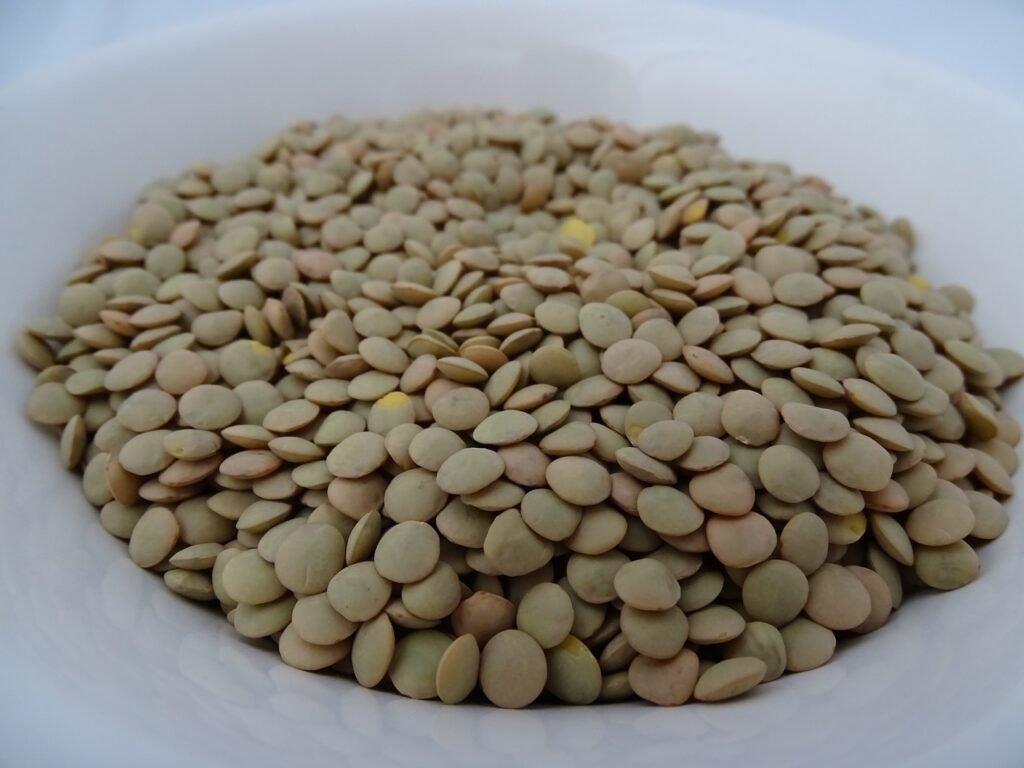
Lentils
Lentils are a nutritious food, rich in protein, fiber, and iron. They promote digestive health, aid in weight management, and stabilize blood sugar levels. Lentils are also rich in folate, making them an essential food for pregnant women. With their versatility and impressive nutrient profile, lentils are an indispensable addition to any balanced diet, promoting overall health and well-being.

Ginger
Ginger has been used for centuries for its medicinal properties and offers numerous health benefits. It has anti-inflammatory and antioxidant compounds that reduce muscle pain, improve digestion, and enhance immune function. Ginger is effective in alleviating nausea and motion sickness, and its antimicrobial properties combat infections and promote gut health. Ginger can be consumed fresh, as a tea, or incorporated into meals, making it a versatile and valuable addition to any diet.

Tomatoes
Tomatoes are a nutritional powerhouse, rich in lycopene, vitamins C and K, and fiber. They aid in digestion, promote satiety, and are an excellent choice for hydrating and satisfying snacks. Their versatile culinary applications make them a convenient way to boost overall health and well-being.
Incorporating these 25 superfoods into your diet can have a profound impact on your overall health and well-being. Whether you’re looking to boost your immune system, support heart health, enhance cognitive function, or simply feel your best, these nutrient-rich foods are a delicious and effective way to nourish your body from the inside out. So why wait? Start enjoying the benefits of these superfoods today and take a proactive step towards a healthier, happier you.




